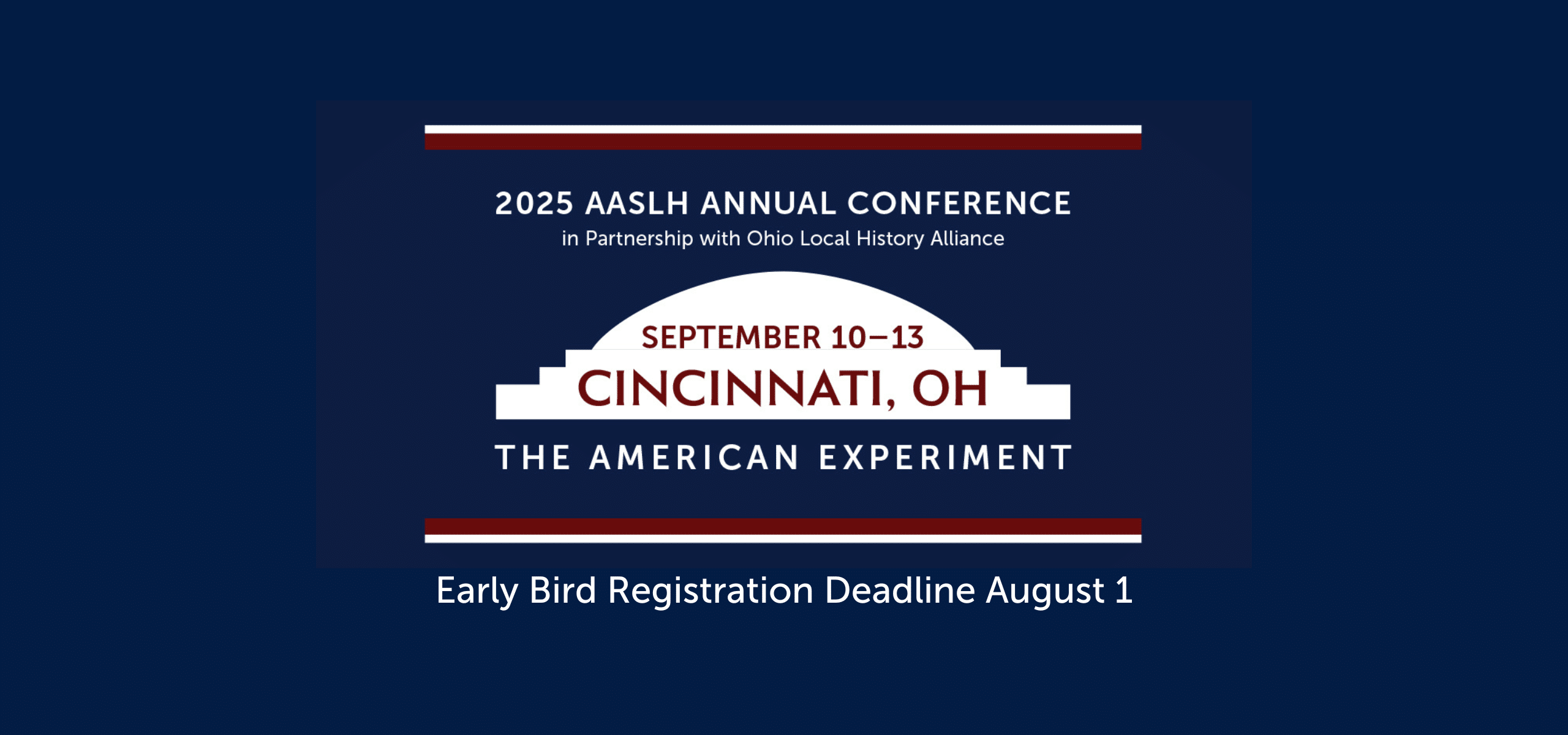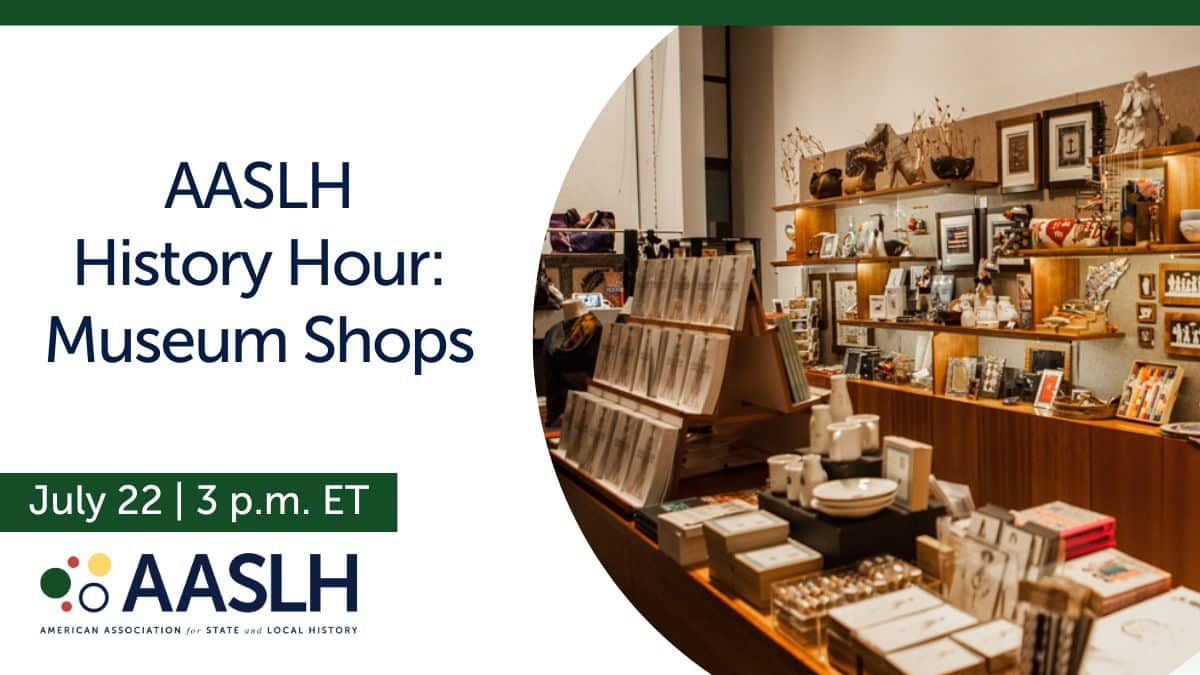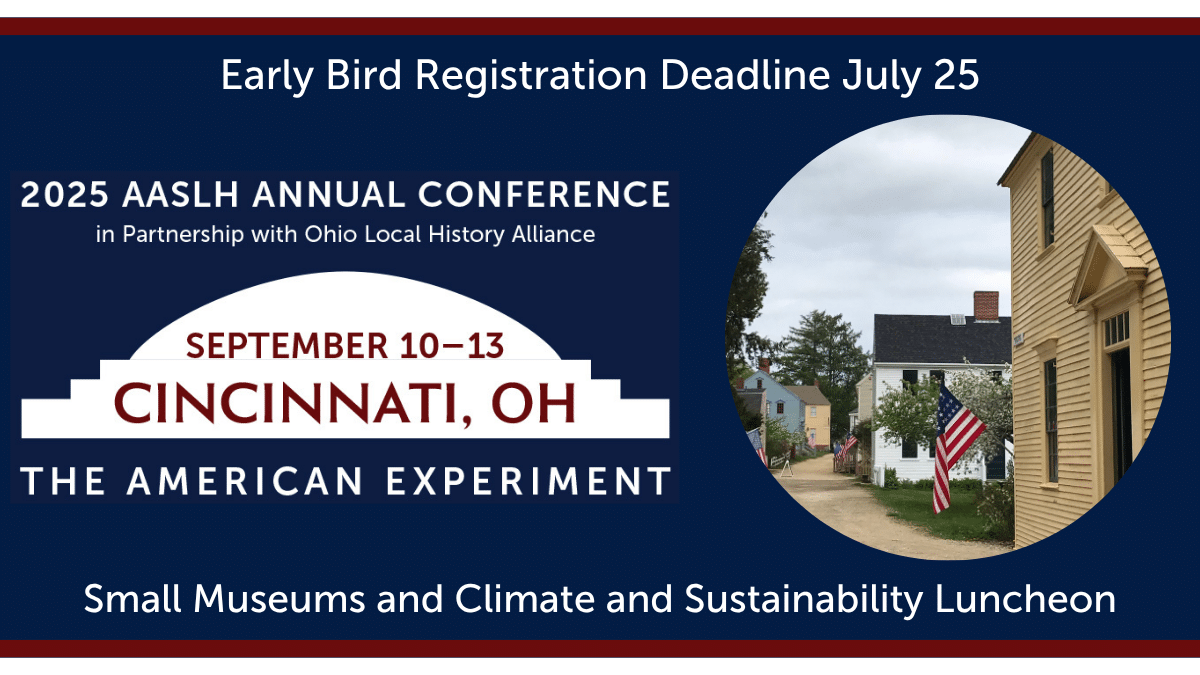 When I was sixteen years old, a small town girl from Inverness, Florida, I went to New York City for the first time and visited the Metropolitan Museum of Art. I was in awe as I walked from room to room, looking at beautiful works of art from around the world. Now, ten years later, I’ve landed an interview with the Metropolitan Museum of Art’s summer internship program. Despite my self-confidence, I wondered what factors led them to choose me in this highly competitive internship program. I hope these reflections on my experience in small museums will help others seek similar opportunities.
When I was sixteen years old, a small town girl from Inverness, Florida, I went to New York City for the first time and visited the Metropolitan Museum of Art. I was in awe as I walked from room to room, looking at beautiful works of art from around the world. Now, ten years later, I’ve landed an interview with the Metropolitan Museum of Art’s summer internship program. Despite my self-confidence, I wondered what factors led them to choose me in this highly competitive internship program. I hope these reflections on my experience in small museums will help others seek similar opportunities.
– Start early. As an undergraduate intern at the C.H. Nash Museum, I decided to focus on collection management and registration. I worked on the museum’s Disaster Preparedness Plan and was on a team installing a new exhibit. My experience with each of these projects helped me guide my career decisions early, focusing on that particular area in my studies and on future internships. After serving my internship, I enrolled in the Collections Management course offered by the university’s Museum Studies Graduate Certificate program.
– Take advantage of every opportunity your volunteer experience offers. As an intern, the C.H. Nash Museum asked me to perform all the regular duties of a full-time collections manager. This has been invaluable. Although this situation may be unique, I’d still recommend becoming a regular museum volunteer to gain experience and share in the museum’s successes. Volunteers in small museums contribute in big ways. Without the opportunities the C.H. Nash Museum offered, I’m sure I wouldn’t have obtained that interview for the Met’s internship program.
– Take advantage of internships, whether they’re paid or unpaid. I’ve had internships at the Pink Palace Museum and the Art Museum of the University of Memphis. Both were unpaid, but they offered very different projects and experiences. My internships not only reflect my interest in collections management, they also build on my previous experiences.
– Make yourself diverse. In a small museum, I work with other areas of museum operations besides collections management. It comes with the job. Larger museums appreciate the diverse experience job applicants bring from internships and from working in small museums.
– Take advantage of educational opportunities outside of your program. Museum Studies courses have been the foundation of my education in museum work, but attending professional conferences has also expanded my theoretical and practical knowledge. I’ve attended the American Alliance of Museums’ Annual Meeting, the Tennessee Association of Museums’ Annual Meeting, the Legal Issues in Museums Conference, and an American Disabilities workshop in the past year and a half. At museum conferences, you get information directly from the source and become aware of future museum trends. They’re also a great way to network and meet people already working within the field. The AAM conference even had a workshop where a professional reviewed my résumé one-on-one. Apply for financial aid scholarships to these programs. If awarded, include it on your résumé to demonstrate your resourcefulness.
Small museums do make a difference, offering budding professionals the opportunities not always available at larger museums. I’m still waiting to hear if the Met has accepted me into their summer internship program, but just being asked to the interview, to me, is an accomplishment.
The C.H. Nash Museum and the Met may be like comparing apples and oranges, but without my education and experience in small museums, I probably would never have progressed beyond the first reviewer.
Brooke Mundy can be contacted at [email protected]



